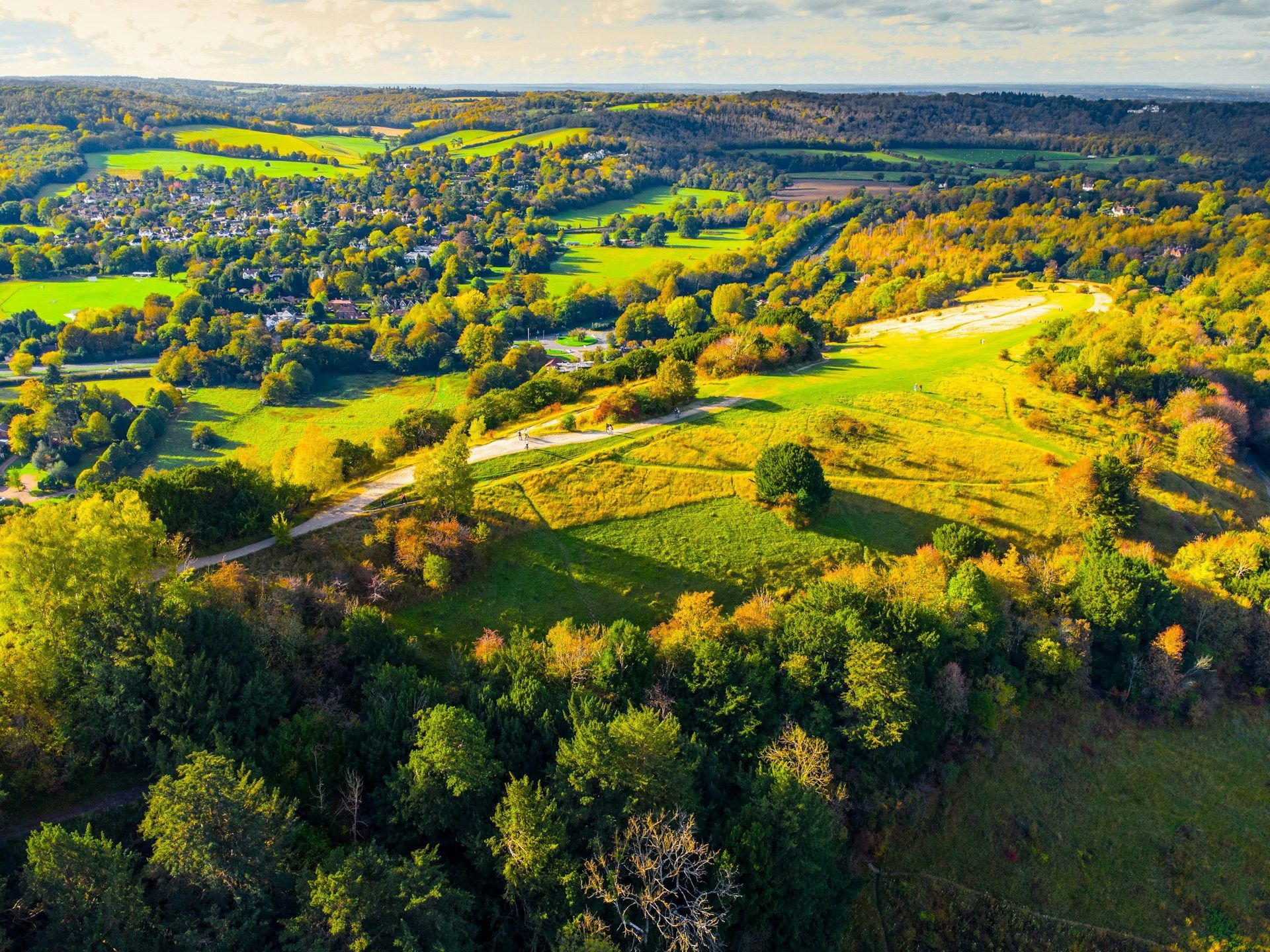Biodiversity Net Gain Comes into Force for Major Developments

From today, 12 February 2024, all major developments in England are required to deliver at least a 10% benefit for nature (biodiversity net gain). This legislation is the first of its kind in the world, making England a frontrunner in legal requirements that give back positively to nature.
Originally introduced through the Environment Act 2021, biodiversity net gain (BNG) means that housing, commercial, and infrastructure projects must demonstrate at least a 10% increase in habitat value for wildlife compared to the site’s pre-development baseline. Developers can achieve these gains on-site, off-site, or through purchasing statutory credits from the government, which must be as a last resort.
Despite today being the day that BNG becomes a legal requirement, many developers have already been successful in recognising BNG as a beneficial practice for developer, landowner, and nature. BNG becoming mandatory will now see these benefits spread on a much larger scale throughout the country.
BNG for small sites will still be applicable from April 2024, and implementation for Nationally Significant Infrastructure Projects remains planned for 2025. BNG will prioritise on-site nature development to deliver the maximum benefits for people and nature.
For more information on how BNG works, our blogs and news items that delve into the specific elements of BNG; including our Green Finance Deep Dive series and our Guidance for Developers piece.
BNG Finder is a curated finding service enabling seamless transactions of biodiversity units accelerating positive outcomes for the environment. Get in touch with us today for more details on how we can assist you with off-site BNG contributions.






